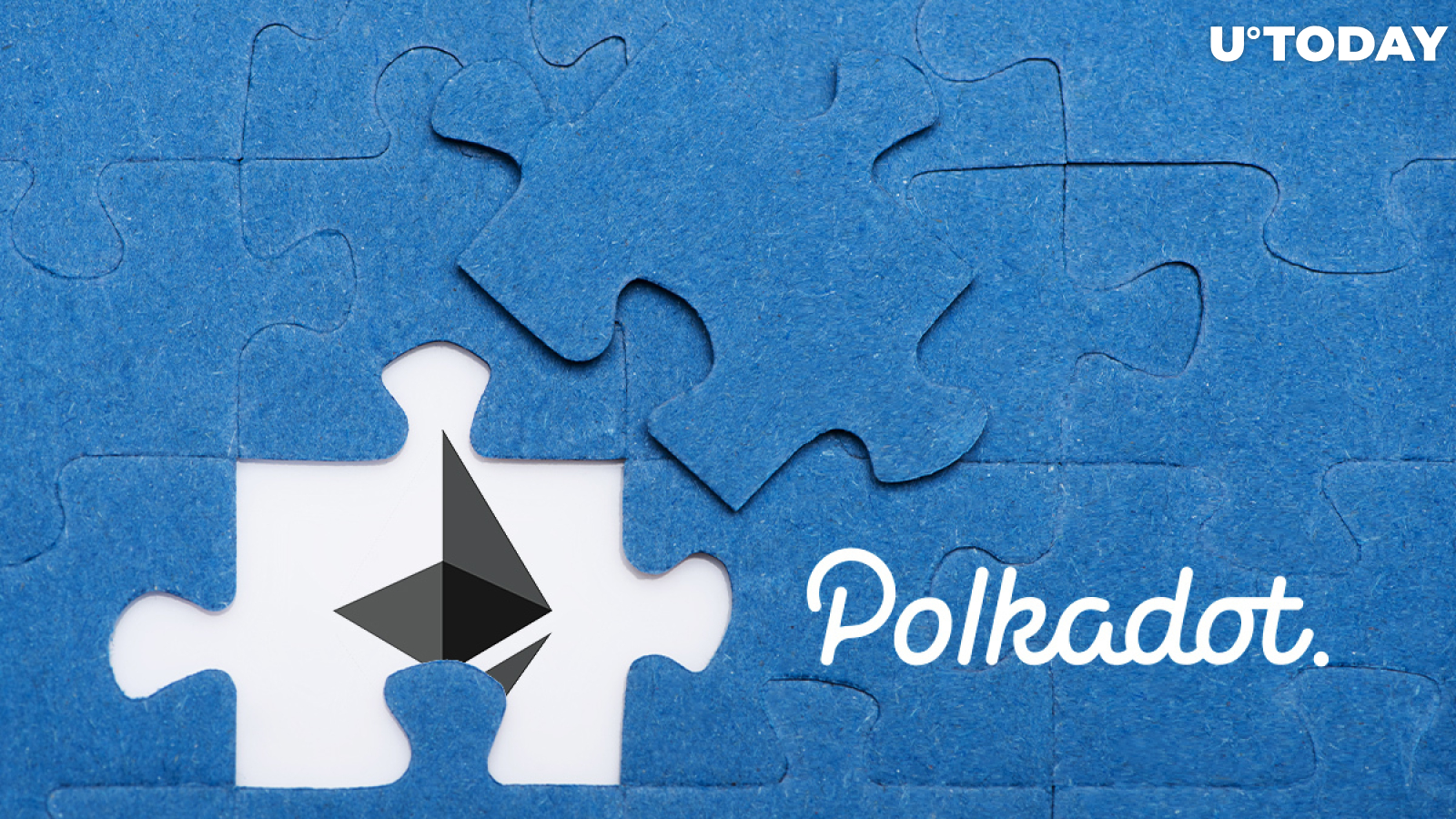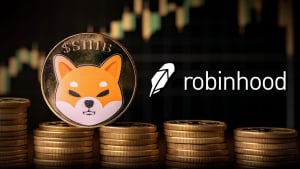Acala, a pioneering Polkadot-based DeFi ecosystem, has announced that Acala EVM, the Ethereum-compatible Polkadot-native virtual machine, is up and running. This is an important milestone for the whole segment of cross-chain interoperability systems.
Acala EVM: one-stop virtual machine
According to a press release shared with U.Today, with the new Acala EVM, blockchain developers can use the whole stack of technologies (Acala+Substrate+EVM+WASM) for a single wallet.
Smart contracts deployed on the new EVM can seamlessly use all Polkadot-powered assets, such as DOT, ACA, aUSD, renBTC and so on. Furthermore, Ethereum-based assets (ERC-20 tokens) can be listed on Acala-powered DEXs and used for gas fee payments.
For instance, once a tokenholder sends his/her wrapped Ethereum (WETH) to Acala, he/she can pay gas fees in Ethers (ETH) with no need to purchase ACA tokens for the purpose.
Also, Acala EVM supports a native network of oracles to broadcast real-time price feeds and supports many types of protocols: DEXs, stablecoins, lending/borrowing instruments and more.
Acala: bringing DeFi experience to Polkadot
Acala is a platform for decentralized financial protocols that harnesses Polkadot's blockchain capability. Acala is built around its core stablecoin, aUSD, and offers many use cases, including "yield farming," synthetic assets trading, interest earning, etc.
Acala has very low gas fees and its transactions are finalized almost instantly. It introduced a unique staking derivative, L-DOT, to release liquidity from staked Polkadot (DOT) tokens. Also, Acala hosts stablecoins with Bitcoin (BTC), Polkadot (DOT) and L-DOT as collateral.
The whole range of Acala processes is decentralized: the protocol is governed through on-chain referenda.
Finally, Acala has an on-chain sovereign wealth fund to ensure sustainable network progress.










